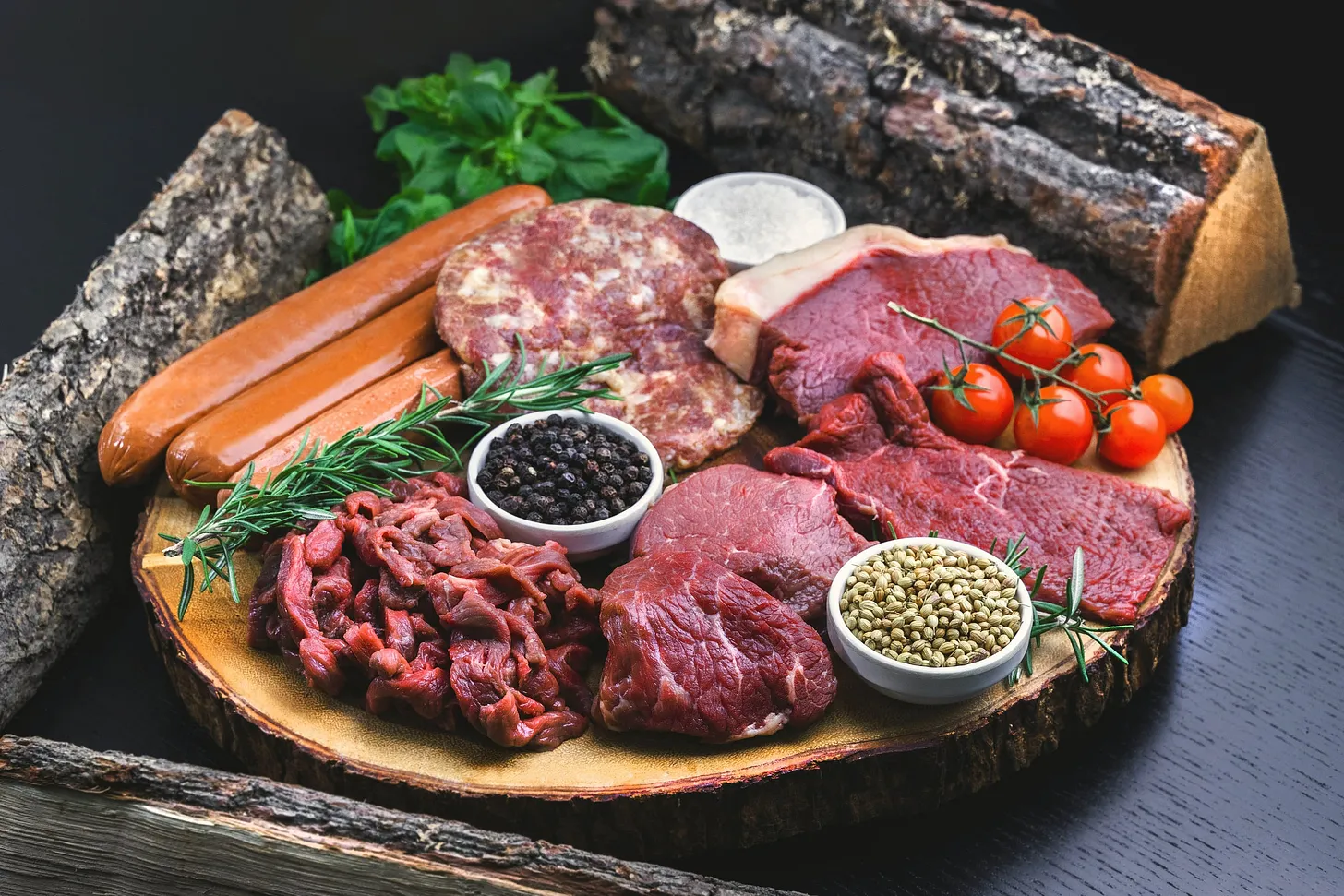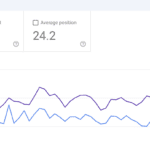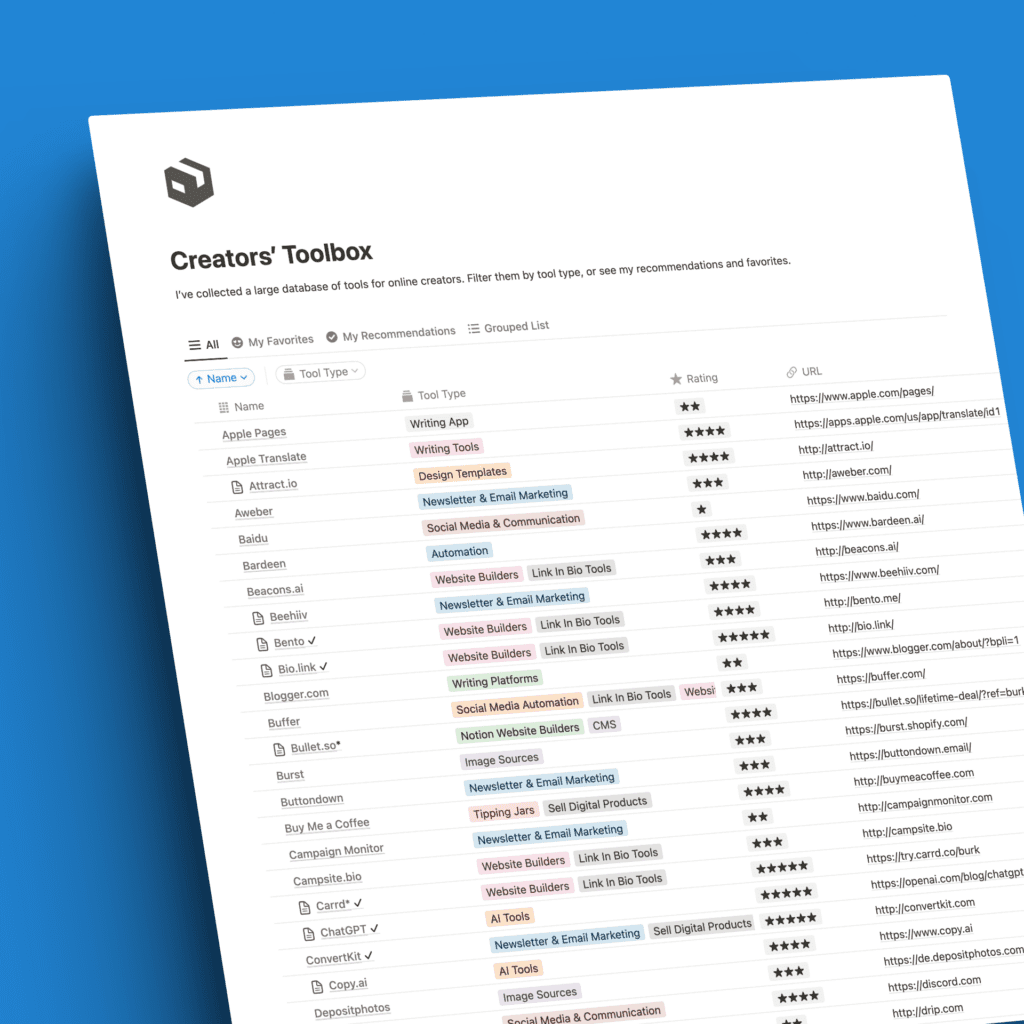This crucial vitamin is well-known for its role in blood clotting. It comes in two main forms that have different structures and functions.
Today, it’s a vitamin of concern as it’s only found in fatty animal products — products we’re not supposed to eat at all or in high amounts — and fermented foods that we consume less in less in many parts of the world.
Let’s deep dive into this essential vitamin!
What’s this vitamin and why do we need it
The vitamin in question is vitamin K, more precisely vitamin K2.
While both vitamin K1 and K2 are fat-soluble vitamins, they differ in their chemical structure and roles.
Vitamin K1 (phylloquinone) is abundant in leafy greens and supports blood coagulation.
Vitamin K2 (menaquinone) is only found in animal foods and fermented foods.
It activates proteins that regulate where calcium ends up in the body — in bones and teeth where you want it, or in arteries where you don’t. The subtypes MK-4 and MK-7 seem most beneficial for health.
Vitamin K2 helps direct calcium into the skeleton for bone strength, rather than depositing it in blood vessels.
Given modern diets are low in K2-rich foods, supplementation companies have been going nuts with their efforts to sell vitamin K” supplements for “optimal” health.
Top food sources of vitamin K2
The best food sources of K2 are:
- Natto — This fermented Japanese soybean dish has extremely high amounts of MK-7, with nearly 1100 mcg per 100 grams
- Hard cheeses — Gouda and brie provide around 75 mcg MK-4 per 100 grams
- Egg yolks — About 32 mcg MK-4 per yolk, more from pasture-raised eggs
- Butter and chicken — Contain moderate amounts of MK-4 (15–20 mcg per 100 grams)
- Beef liver — Very high in K2, but not eaten often.
MK-4 is abundant in animal foods, while MK-7 is highest in natto.
The body can also convert some vitamin K1 to MK-4, but conversion always comes with significant loss.
Research Shows Vitamin K2 Strengthens Bones
Multiple human studies reveal vitamin K2 uniquely improves bone strength and reduces fracture risk:
- A 3-year trial in postmenopausal women taking 180 mcg/day of MK-4 had significantly improved bone mineral density compared to placebo (Ushiroyama et al. 2002).
- Another 3-year study using 45 mg/day of MK-4 found it decreased fractures versus control (Iwamoto et al. 2009).
- A meta-analysis of 13 controlled trials concluded both MK-4 and MK-7 supplementation increased bone mineral density and reduced fractures more than placebo (Huang et al. 2015). Benefits were greater with higher K2 doses.
This evidence indicates getting adequate vitamin K2 can help maintain strong, fracture-resistant bones as you age.
Vitamin K2 also protects cardiovascular health
Human studies reveal vitamin K2 prevents and can even reverse arterial calcification that contributes to heart disease:
- A 2-year trial in people with atherosclerosis taking 180 mcg/day of MK-7 showed 50% regression in arterial stiffness compared to control (Knapen et al. 2015).
- A study in 16,057 women over 8 years found that for every 10 mcg of K2 consumed daily, cardiovascular risk was reduced by 9% (Gast et al. 2009).
This aims to demonstrate vitamin K2 provides unique protective benefits for cardiovascular health beyond vitamin K1.
Optimize your intake of this overlooked vitamin
Since vitamin K2 is not abundant in the typical Western diet, taking an MK-4 or MK-7 supplement might help ensure adequate intake. But supplements should be a secondary effort.
The main advice is to increase K2-rich foods in your diet.
This is particularly crucial for vegetarians and vegans who naturally miss most of the K2-rich foods.
Suggested doses for vitamin K2 range from 90 to 360 mcg daily, ideally with a fat-containing meal for absorption.
The bottom line
The overlooked vitamin K2 plays an essential role in putting calcium in bones where you want it, and keeping it out of blood vessels where you don’t.
Consuming K2-rich animal and fermented foods, along with strategic supplementation, can help optimize this vitamin for bone and heart health.
While we often hear about other important vitamins and deficiencies, K2 is less frequently mentioned. It should be!








